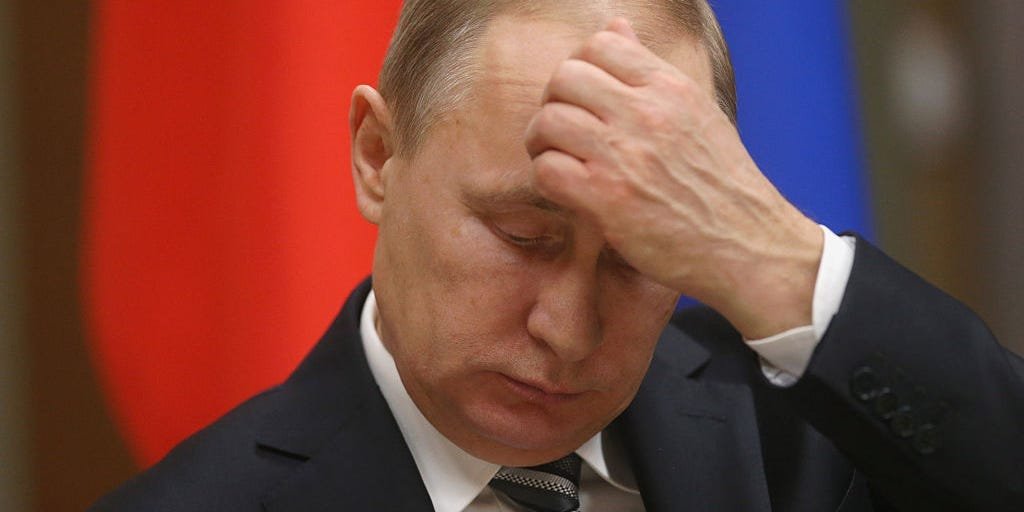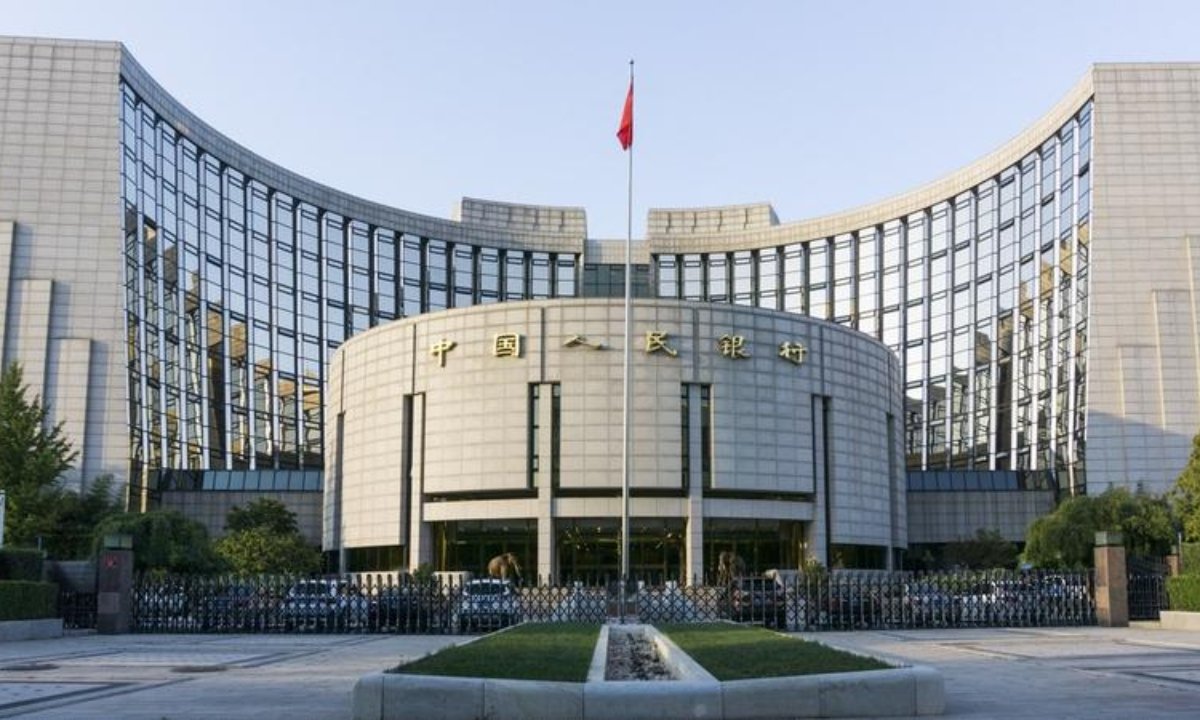China’s central bank has adopted a more proactive tone when describing its efforts to promote the global use of the yuan – a rhetorical change that could signal increased efforts to internationalise the currency amid growing concerns over the US dollar.
At a recent meeting, People’s Bank of China Governor Pan Gongsheng pledged to “promote the internationalisation of the yuan”, a noticeable shift in tone from earlier statements by central bank officials, which typically referred to “prudently and steadily advancing the yuan’s internationalisation”.
The bank would “promote the yuan’s internationalisation, boost its use in trade, further open up financial markets in a gradual and orderly way, and support the growth of offshore yuan markets”, Pan said during a meeting of the central bank’s Communist Party committee on Friday.
Do you have questions about the biggest topics and trends from around the world? Get the answers with SCMP Knowledge, our new platform of curated content with explainers, FAQs, analyses and infographics brought to you by our award-winning team.
The change in wording by the central bank followed last week’s fourth plenum of the party’s Central Committee, where China’s leaders unveiled their policy priorities for the next five years.
Since late 2020, the People’s Bank of China had previously tended to describe its approach using the phrase: “prudently and steadily advancing the yuan’s internationalisation”.
Ding Shuang, chief economist for Greater China and North Asia at Standard Chartered, said the use of the new phrase was a signal from Beijing that it would become more active in promoting the global use of the yuan over the next five years.
“It doesn’t mean a radical shift,” Ding said. “The People’s Bank of China is likely to do more foundational work, such as improving the infrastructure and facilitating the yuan’s use in trade and investment to make it easier for overseas investors to hold the currency.”
Ding pointed to Beijing’s recent move to further open up the country’s bond market by making it easier for foreign investors to conduct repo transactions as an example of the type of measures Chinese authorities may introduce.
They could also move towards opening up the country’s capital account in the future if conditions allowed, he added.
China has long sought to turn the yuan into a global currency, and those efforts have appeared to many observers to gain greater urgency in recent months as Beijing looks to hedge against the risk of US financial sanctions and turbulence in the dollar-based financial system.







